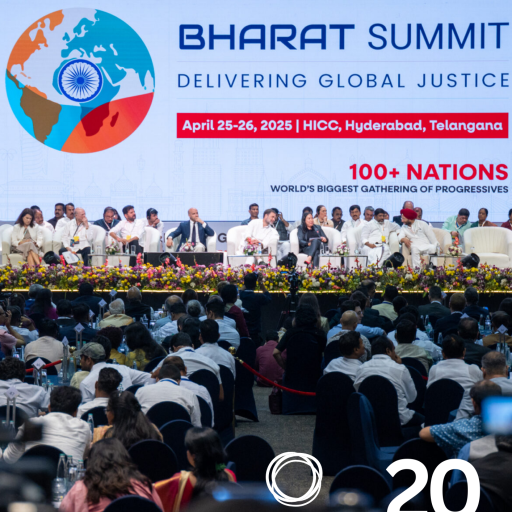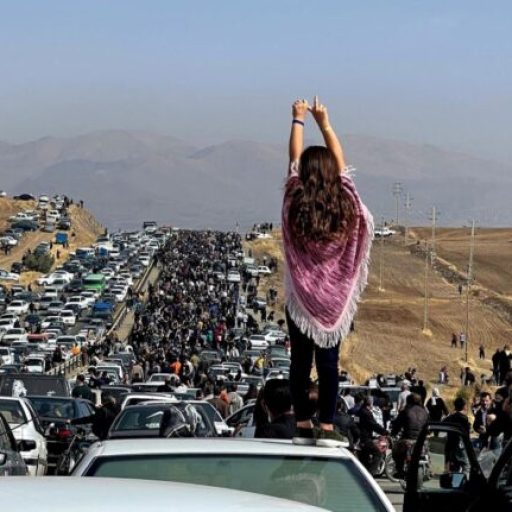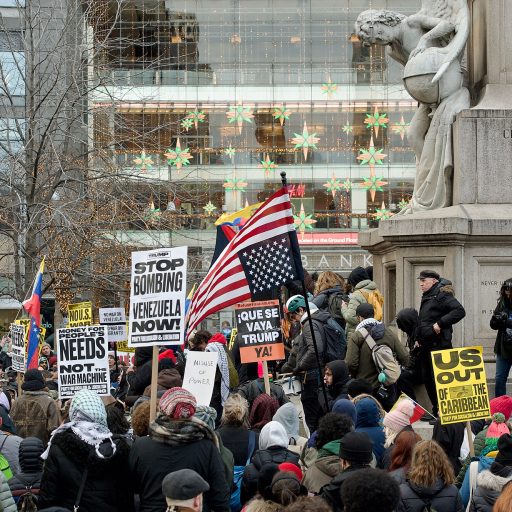The Progressive Alliance is committed to closely monitor the situation in Malaysia in the run up to the general election 2018
There are many obstacles for free and fair elections:
- Election Commission that lacks impartiality
The Election Commission (EC) is the constitutional body tasked with managing the all-important electoral system in Malaysia, stipulated by Article 114 of the Federal Constitution, requiring the it to command and enjoy public confidence.
However, its action in 2017 shows it has failed in its duty of being impartial and various actions and decisions in the same year have actually made the electoral system worse.
- Bulldozing the redelineation process
- Destruction of voter records
- Abetting registration and transferring of phantom voters
- Refusal to provide electronic data of draft supplementary electoral roll
- Expanding postal voter categories highly susceptible to fraud
- Covert registration and transferring of military voters
- Voter Registration process made much more difficult
It is therefore not surprising that Malaysia scored a “very low” rating, ranking 144 out of 161 countries in the Electoral Integrity Project, a reputable independent academic study on electoral integrity worldwide based at Harvard University and the University of Sydney.
What we have seen in 2017 is a planned worsening of the Malaysian electoral system, using old and new techniques alike. Electoral fraud and manipulation are already happening well before elections are held, and the EC is at the centre of it all.
- Gerrymandering/malapportionment of electoral districts
There is the well-documented tendency for gerrymandering in which anticipated political allegiances and ethnicities are manipulated to give the ruling party the edge.
Largely non-Malay, opposition-held constituencies appear to keep growing larger and larger while government-held constituencies remain conveniently small. According to reports, there are proposals to create 13 “super constituencies” with over 100,000 voters each, mostly in opposition-held areas.
In the opposition-held Damansara parliamentary constituency, gerrymandering reached new heights with a proposed mega-constituency of over 150,000 voters. A single voter in Putrajaya, which has no more than 18,000 voters, would now carry the same weight as eight voters in Damansara.
What this means is that many Malaysians, particularly opposition supporters and minorities, are being progressively disenfranchised with their votes counting for less and less with each re-delineation exercise.
Unsurprisingly, given this kind of malapportionment, Umno-BN was able to retain a majority of parliamentary seats even though it lost the popular vote in the last elections.
One has to wonder whether free and fair elections are even possible under such a patently biased and rigged electoral system.
- Human Rights Violations
Human rights pressure group and international NGO and Human Rights Watch (HRW) in its World Report 2018 noted some shocking infringement and even reversals to advancements of Human Rights in Malaysia. Cases of police brutality resulting in custodial injuries and even deaths continue to happen; and members of the police force enjoying impunity from being held accountable for such allegations among many others is also a cause for concern.
Freedom of assembly and association of Malaysian citizens continue to be infringed, through blatant abuse of executive power by the ruling regime. Activists, artists, politicians, non affiliated citizens continue to be arrested, charged and convicted under draconian laws; whilst opposition political parties are denied status of legality at the whimsical discretion of the ruling regime.
- Rising Inequality
According to economists and specialist on inequality, Dr Muhammed Abdul Khalid, despite Malaysia’s outwardly attractive economic growth, inequality among Malaysians is increasing. Due to the ruling regime’s labour and fiscal policies that mainly benefit owners of capital over the average worker, inequality in asset and wages are on the rise. In terms of cost-and-benefit, the Malaysian economy is one where the benefits are monopolised by the rich and powerful ‘few’ within society, whereas the costs to sustain the economy are born by the struggling and working ‘many’.
Despite vocal protests by lawmakers within legislature and out in the public arena of the ‘two speed economy’, the ruling regime seem to be persistent in their policy trajectory and show no sign of correction towards a more inclusive and equitable path for Malaysians.
- Worsening Corruption
Globally recognised Transparency international’s Corruption Perceptions Index (CPI) reported a dramatic worsening in Malaysia’s problem with corruption, according to surveys from business people, risk analysts and the Malaysian general public. Malaysia took a thrashing, dropping seven places from last year to be ranked 62 among 180 countries, its worst performance in the last five years. The financial scandal of global proportion involving 1Malaysia Development Berhad (1MDB)-sovereign wealth fund set up by the current Prime Minister – is said to have been a major contributory factor in this dramatic slide in ranking.
The history of the 23-year annual CPI from 1995-2017 shows that Malaysia had stagnated and even regressed in integrity and principles of accountability and good governance in the past two decades as compared to some countries, like China and Indonesia, which had made significant improvements with steady stride. This goes to show that the ruling regimes various initiatives in combating corruption have only translated into worsening corruption, due to structural and integral issues with the ruling regime’s politics of patronage.





![Headline: Hier bitte das Thema [ Headline] 24.10.25, Lucerne, Switzerland, Progressive Alliance PA women conference](https://progressive-alliance.info/wp-content/uploads/elementor/thumbs/MAW251024mw859033AdobeRGB-scaled-recq0qxu9kb6pncdi2i7wo6ttne03ppnu58zxxdc74.jpg)
![Headline: Hier bitte das Thema [ Headline] 25.10.25, Lucerne, Switzerland, Progressive Alliance PA women conference](https://progressive-alliance.info/wp-content/uploads/elementor/thumbs/MAW251025mw860402AdobeRGB-scaled-recs8kegm3kqlleif2kq512xsjz2qfl3t7kc0t0tts.jpg)